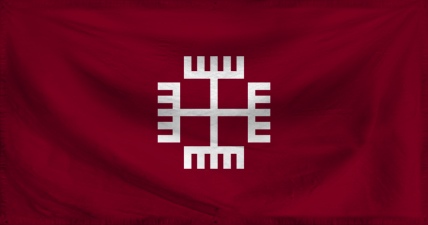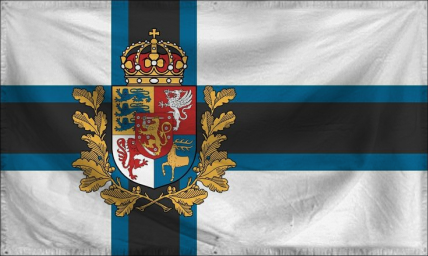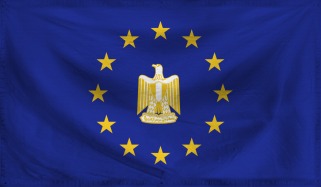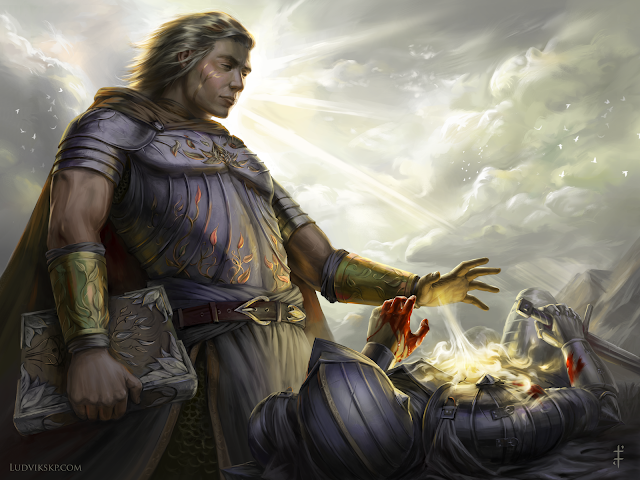Ormata wrote:One day until application will be posted. Four thousand six hundred words total, something like 15 paragraphs(?) for the bio, and one very, very...well, interesting character I hope. He's a thing, I swear.
I did much the same thing with a nation background, never finished it and it is less than halfway done but it was at 2000 words before the RP I was writing it for died.












